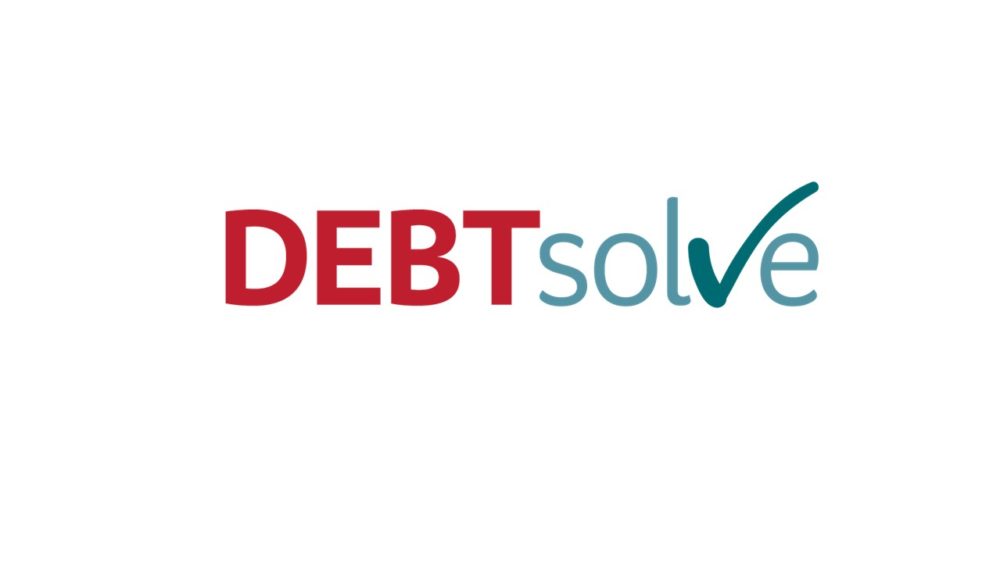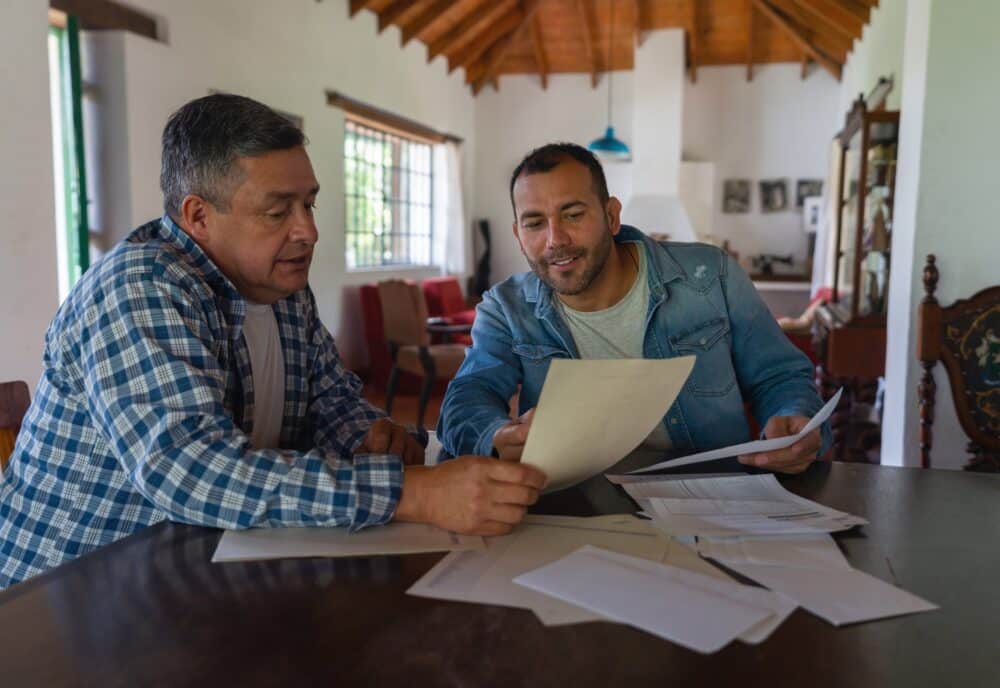What to consider when applying for a loan
October 26, 2021
We share a few checks that you can do before applying for a loan to make sure you are prepared.
If you’re looking to borrow money, it’s important to explore multiple options and have your own plan of how you are going to repay it.
Before you apply for a loan, you should answer the following questions:
A general rule to remember when needing a loan is:
- If it adds value, now or in the future, it could be a good idea.*
- If it doesn’t add value, it might be better not to take out a loan.
- If you don’t have money to repay the loan, it could lead to a cycle of unmanageable debt.
*Adding value could be buying a car to open more job opportunities, or buying a washing machine to save you laundromat fees long term, or taking out a student loan to help you further your career.
If you have answered the above questions and have decided a loan is a good option for you, the next step is to explore all your credit options.
There are a range of different avenues you could take – from credit card or a bank loan, to buy now pay later schemes or third-tier lenders.
It’s important that when you are borrowing money, you take your time, look around and compare.
New Zealand has a highly competitive third-tier lending market, which means the first option you come across isn’t necessarily the best.
We know from our clients, picking the first lender that offers a quick and easy service with a high loan amount, can lead to unmanageable debt and poor financial wellbeing – so take your time with this step.
Related

The pressure to cope means making difficult choices to get through

New budget: a chance to breathe
Know your rights
Once you’ve looked at all your options, it’s useful to review your rights when working with lenders.
Your lender must meet a set of lender responsibilities.
This means they must always act carefully and responsibly, treat you reasonably and with respect.
When signing up for a loan this means lenders should:
- Look carefully at different documentation, including bank statements, to make sure you can afford the loan as well as your other essential costs such as rent and food
- Work with you to make sure the loan is suitable for you
- Work with so you understand the key terms of the loan before you sign up
- Ensure the loan is not oppressive
Make sure you think about the information your lender gives you before you sign up. You can ask your lender to clarify, take more time to think about it, continue to explore other options or get some independent advice.
It’s also helpful to be aware of the cooling-off period. This is a window of time that allows you to cancel your contract.
If you have been given all of the required disclosure information, then you have a cooling-off period (usually five working days) immediately after you received that information.
If you haven’t been given this information, you can cancel at any time.
It is important to provide documentation, like bank statements, when working with lenders so they can understand your financial situation.
When we work with our potential Good Loans clients, we assess as much documentation as we can to ensure that the Good Loan is the right option for that client, so they can manage the repayments without stress and worry.
Get free advice
Did you know there are thousands of free budget advisors and financial mentos across the country that will be able to help you with your decision? – for free!
MoneyTalks provides free confidential budgeting advice and can connect you with a financial mentor and other options that might be available to you.
Good Loans
Our Good Loans are no and low-interest loans focused on your financial wellbeing.
Good Loans provides an alternative to third-tier lending and reduces the risk of high interest. It has no fees or charges, is not-for-profit and is community-based – making it a fair and affordable option for a loan.
The loans can be used for second-hand cars, car repairs, new household appliances, computers, course costs or medical expenses.
Good Loans are paid directly to the supplier and are not for cash.
DEBTsolve
Our DEBTsolve programme will help you take control of your unmanageable debt.
Our specialist Financial Wellbeing Coaches will work with you to understand your situation and create a plan that will help you get on top of your debt.
Our free DEBTsolve programme combines debt coaching, advocacy and debt solution loans of up to $15,000 to help with your unmanageable debt.

Conclusion
If you’re looking to borrow money it’s important to explore different credit options, create your own repayment plan and if necessary, seek advice about your decision.
Remember:
- If it adds value, now or in the future, it could be useful to take out a loan.
- If it doesn’t do that, it might be better not to take out a loan.
- If you don’t have money to repay the loan, it could lead to a cycle of unmanageable debt.
Other useful resources you can use when you’re applying for a loan:

Related resources

From breaking point to financial freedom


